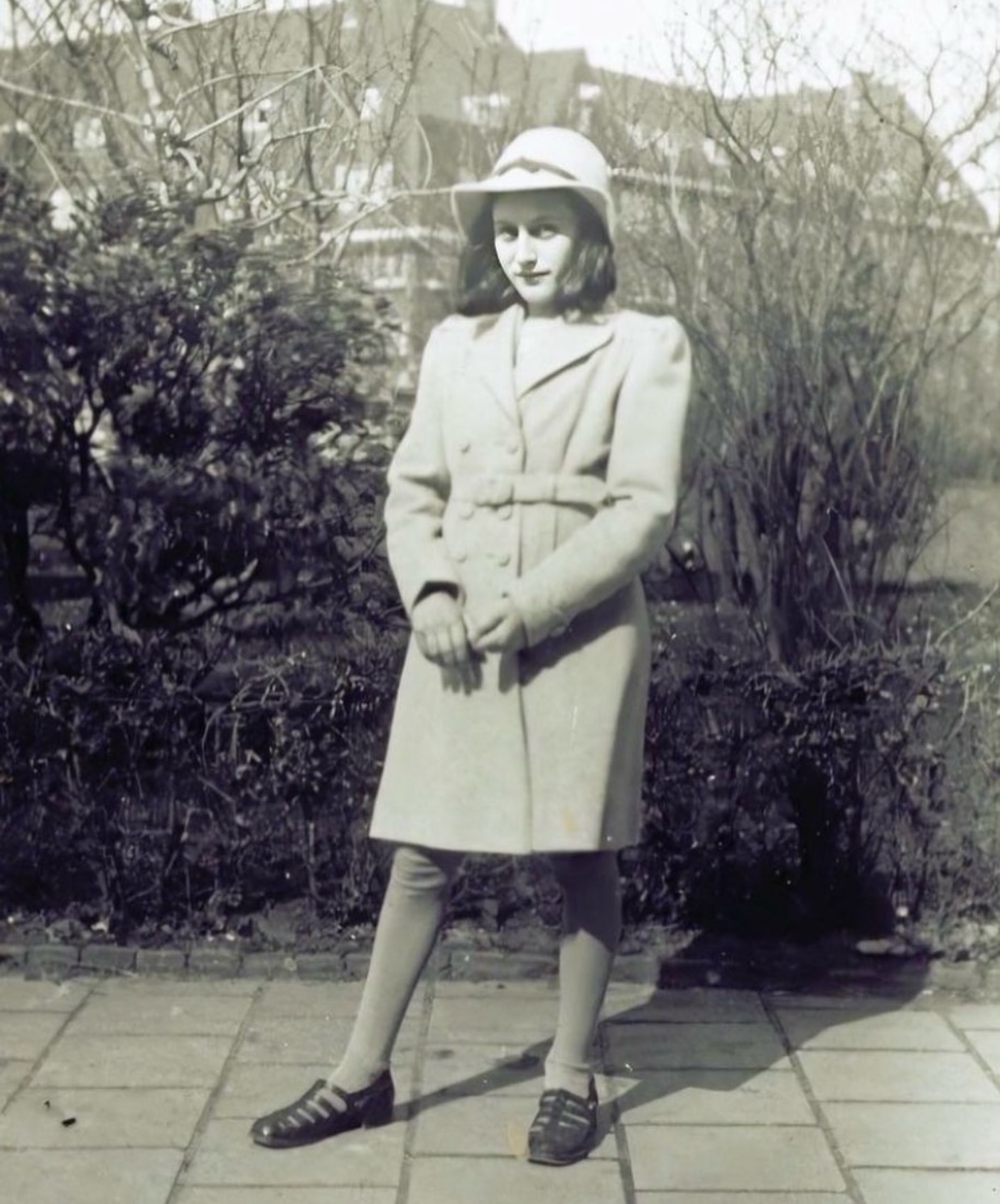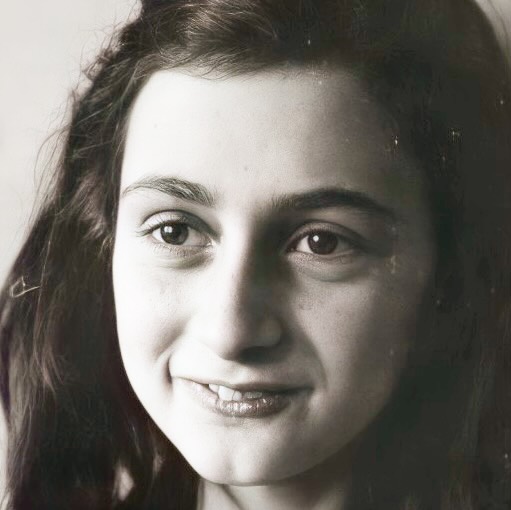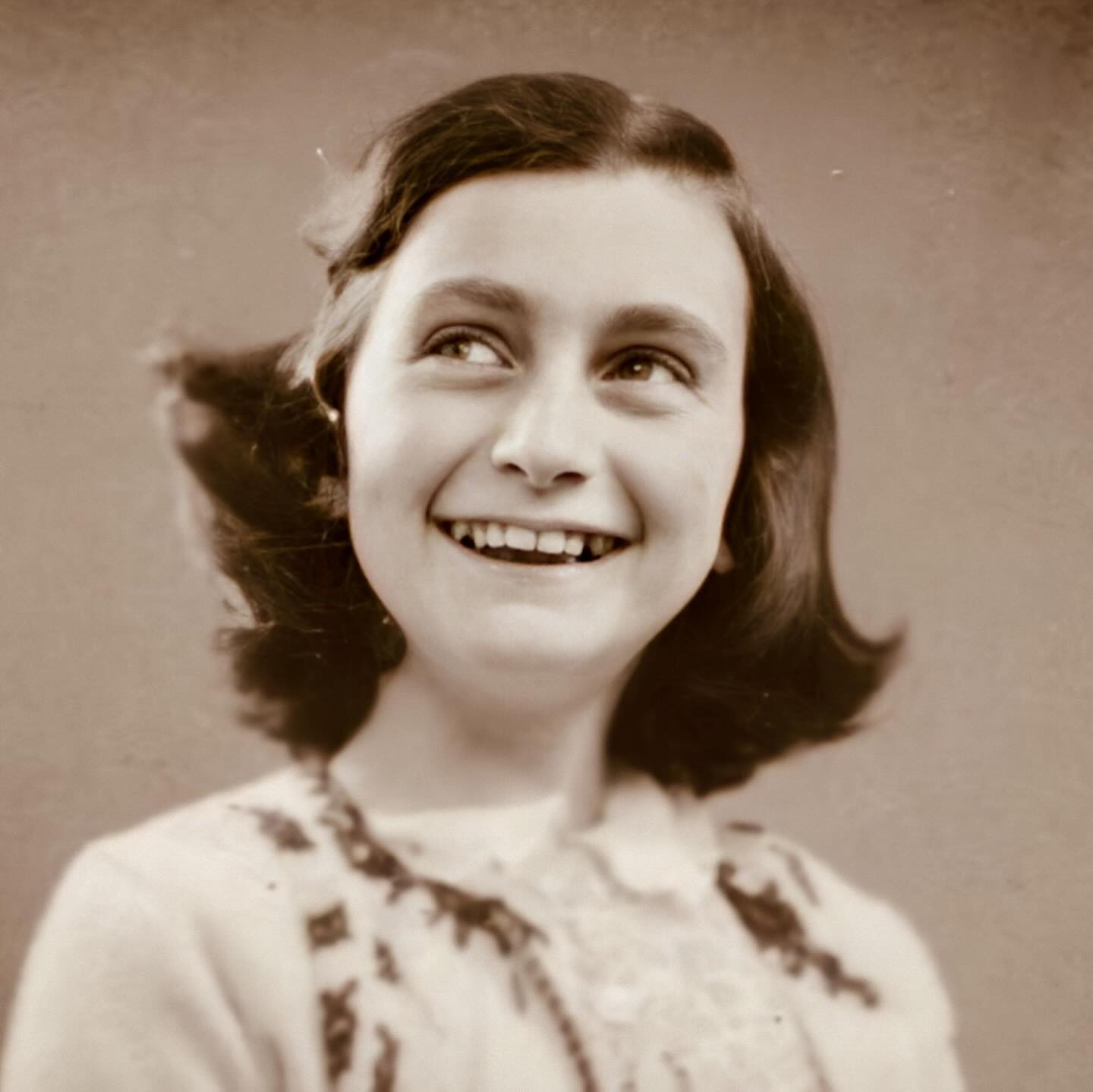When Hope Feels Like a Distant Star
On February 3, 1944, deep in the Secret Annex, Anne Frank penned a line that reveals a moment of profound despair: “I’ve reached the point where I hardly care whether I live or die.” This is not the voice of the eternally optimistic girl the world often remembers. It is the voice of a teenager pushed to her absolute limit, wrestling with a hopelessness that is both universal and deeply personal.

Her words are a testament to the emotional toll of confinement and fear. She feels a terrible sense of powerlessness, a feeling that her life is no longer her own. “The world will keep on turning without me, and I can’t do anything to change events anyway,” she writes. This feeling of being insignificant in the face of immense, unchangeable events is a feeling we can all relate to, even if our circumstances are different.
But even in this moment of surrender, Anne’s indomitable spirit flickers back to life. She doesn’t completely give up. Instead, she finds a new kind of purpose, a way to reclaim control over her own mind and spirit. She decides to “concentrate on studying and hope that everything will be all right in the end.”

This is the true power of her message. Even when she was at her lowest point, she chose to focus on what she could control: her education, her thoughts, and her future. This diary entry isn’t just a record of her despair; it’s a testament to her resilience. It shows us that even when we feel like giving up, we can find a small way to move forward, to hold on to the quiet hope that, in the end, everything will be all right.
